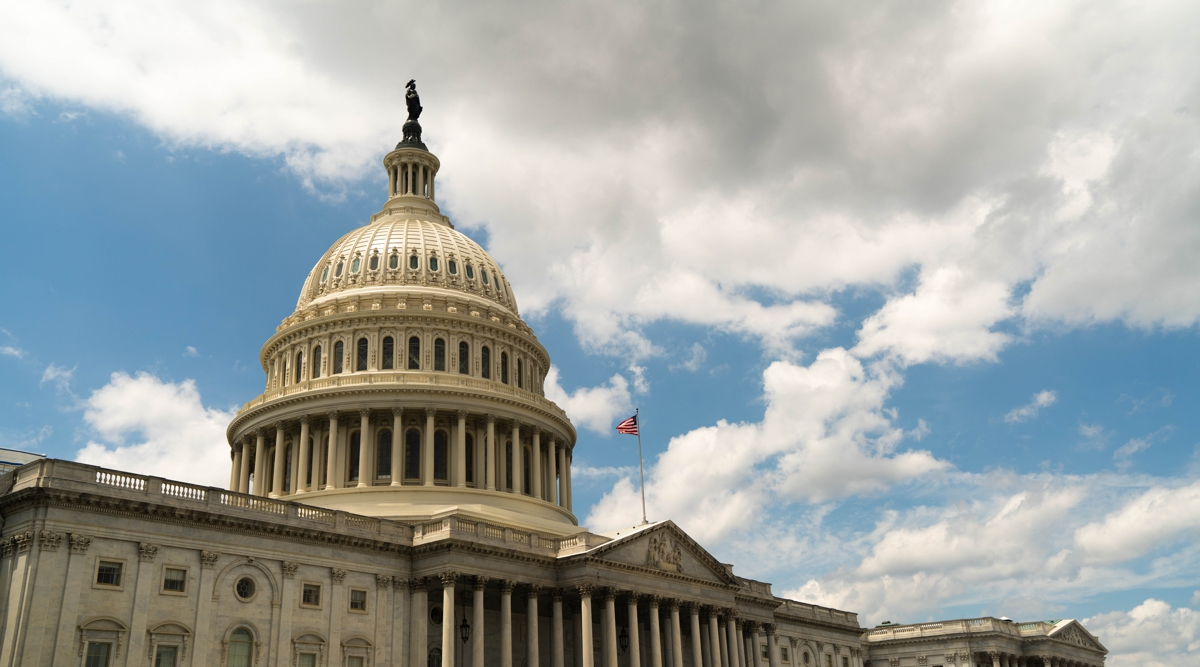Congress Has Unfinished Business: Improving Access to Health Coverage Before Year’s End

As the dust settles on the 2022 midterm election results, it’s clear that access to and the affordability of health care remain top priorities for voters. Across the country, voters passed ballot measures to protect access to abortion care, limit medical debt collection, guarantee access to affordable health coverage and continue progress towards closing the Medicaid coverage gap. In the remaining weeks of the year, Congress must now turn its attention to a number of must-pass pieces of legislation, including funding for the federal government, while also attending to unfinished business on the health care front.
Earlier this month, Community Catalyst joined its partners in calling on Senate leadership to prioritize key health coverage priorities in end-of-year legislation during this lame duck session. We are asking Congress to continue the progress made in the Inflation Reduction Act toward ensuring that all people have access to affordable health coverage, particularly through public programs like Medicaid and the Children’s Health Insurance Program (CHIP).
In addition to providing critical funding to Medicaid programs in Puerto Rico and the U.S. Territories, Congress can further strengthen access to stable and comprehensive health coverage by:
- Extending Medicaid and Children’s Health Insurance Program (CHIP) coverage to 12 months postpartum. This is currently a state option and about half of states have taken this up; however, federal policy currently only requires it to go on for 60 days. This policy is critical to addressing the ongoing Black maternal health crisis and is especially important in ensuring access to reproductive health care in the wake of the Supreme Court decision in Dobbs v. Jackson.
- Providing 12 months of continuous eligibility for children and adolescents in Medicaid & CHIP. Medicaid and CHIP currently insure over 80 million people; more than half of enrollees are children of color. But, current enrollment and eligibility policies often result in unnecessary disenrollment and churn, meaning many eligible kids are at risk of losing their coverage during eligibility redeterminations. This is particularly important as states prepare for the unwinding of the COVID-19 public health emergency when an estimated 3.8 million children could lose their coverage.
- Making CHIP permanent. CHIP has reduced the rate of child uninsurance by nearly 70% since its creation and more than half its enrollees are children of color However, CHIP currently requires periodic re-authorization, which means the almost 10 million kids and pregnant people who rely on the program are regularly in peril due to congressional gridlock.
- Expanding Medicaid to individuals 30 days before release from incarceration through the Medicaid Re-entry Act. Federal law prohibits Medicaid coverage for people in jail or prison, creating harmful barriers to accessing the physical, mental health and addiction services they need when returning to their community. These barriers lead to higher recidivism, worse health outcomes and even death. Providing coverage prior to release would be particularly beneficial to those who were over-policed during the War on Drugs.
Each of these policies represents a step toward accomplishing the unfinished business of the Build Back Better framework and together are necessary to undo the harmful effects of racism, discrimination, poverty and other forms of oppression that have kept access to affordable health care out of reach for too many people, especially Black and brown communities. Yet, even if Congress passes this set of health coverage priorities this year work remains, including closing the Medicaid coverage gap in the 11 states that have yet to expand, investing in a robust home- and community-based services program that supports caregivers and the care workforce and ensuring the right to reproductive health care for all.
Check out this factsheet for more information.